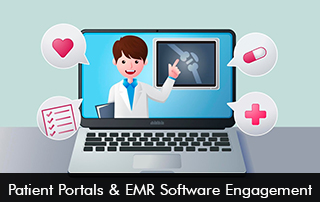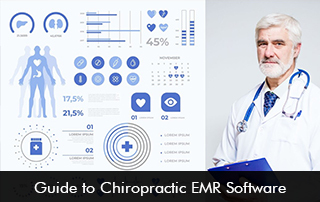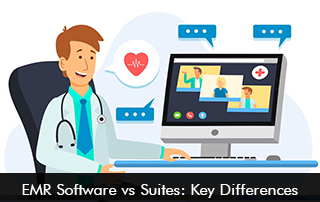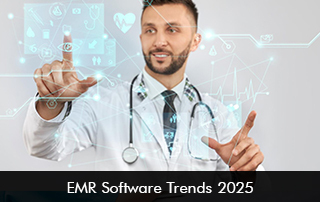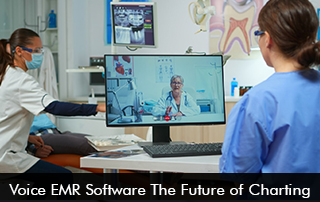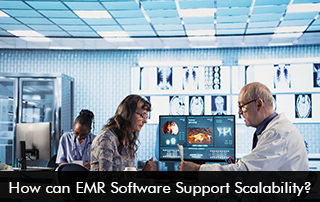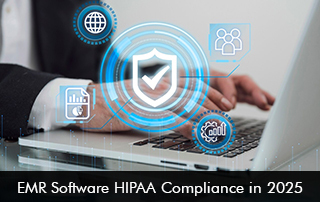EMR Software for Small Practices
Small medical practices face their own unique set of challenges, whether it's juggling a small team, managing tight budgets, or ensuring patients receive the best possible care. That's where Electronic Medical Records (EMR) Software designed specifically for these smaller operations comes in handy. It can help simplify things, make documentation smoother, and enhance the overall [...]





